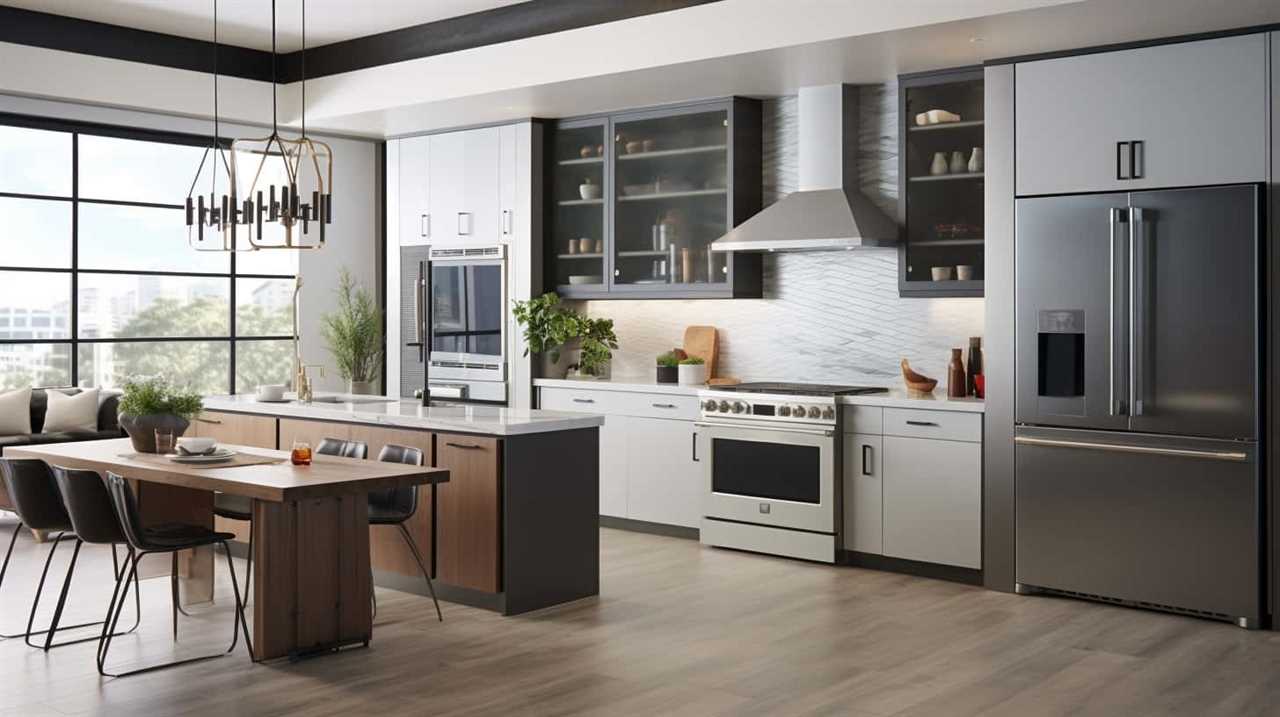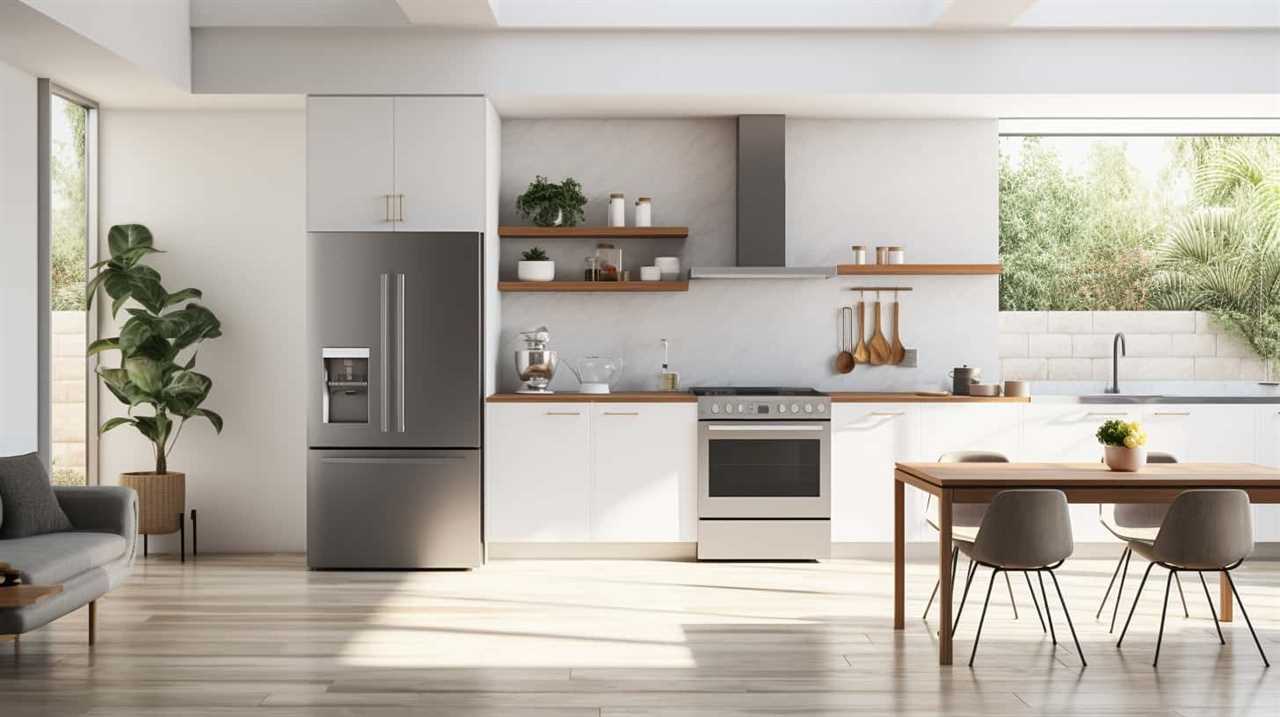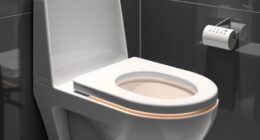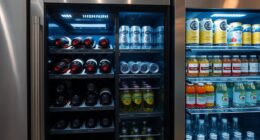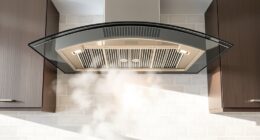Can dental appliances help with sleep apnea? Let’s delve into how effective these devices are in treating the condition.
Dental appliances offer potential benefits, but there are limitations to consider.
In this article, we’ll delve into the different types of dental appliances available and examine the scientific evidence supporting their use.
Before you decide to try a dental appliance for sleep apnea, there are important factors to consider.

Join us as we uncover the truth behind these devices and help you make an informed decision.
Key Takeaways
- Dental appliances are an effective alternative to CPAP therapy for patients with mild to moderate sleep apnea.
- These appliances reposition the jaw and tongue to maintain an open airway during sleep, improving airflow and reducing the frequency and severity of apnea events.
- Dental appliances offer long-term benefits such as improved sleep quality, reduced daytime sleepiness, and lower risk of cardiovascular problems associated with untreated sleep apnea.
- However, dental appliances may not be suitable for severe cases of sleep apnea or certain anatomical features, and consultation with a healthcare professional is important for individual assessment and treatment recommendations.
How Dental Appliances Treat Sleep Apnea
Dental appliances effectively treat sleep apnea by repositioning the jaw and tongue to maintain an open airway during sleep. Sleep apnea is a sleep disorder characterized by interruptions in breathing during sleep.
One common treatment option for sleep apnea is the use of a continuous positive airway pressure (CPAP) machine. However, dental appliances offer an alternative to CPAP for patients who find it uncomfortable or inconvenient. These appliances are custom-made and fit over the teeth, gently repositioning the lower jaw and tongue to prevent the collapse of the airway.
By doing so, dental appliances help to improve airflow and reduce the frequency and severity of sleep apnea episodes. In addition to being an alternative to CPAP, dental appliances have also been found to be effective in treating mild to moderate sleep apnea.
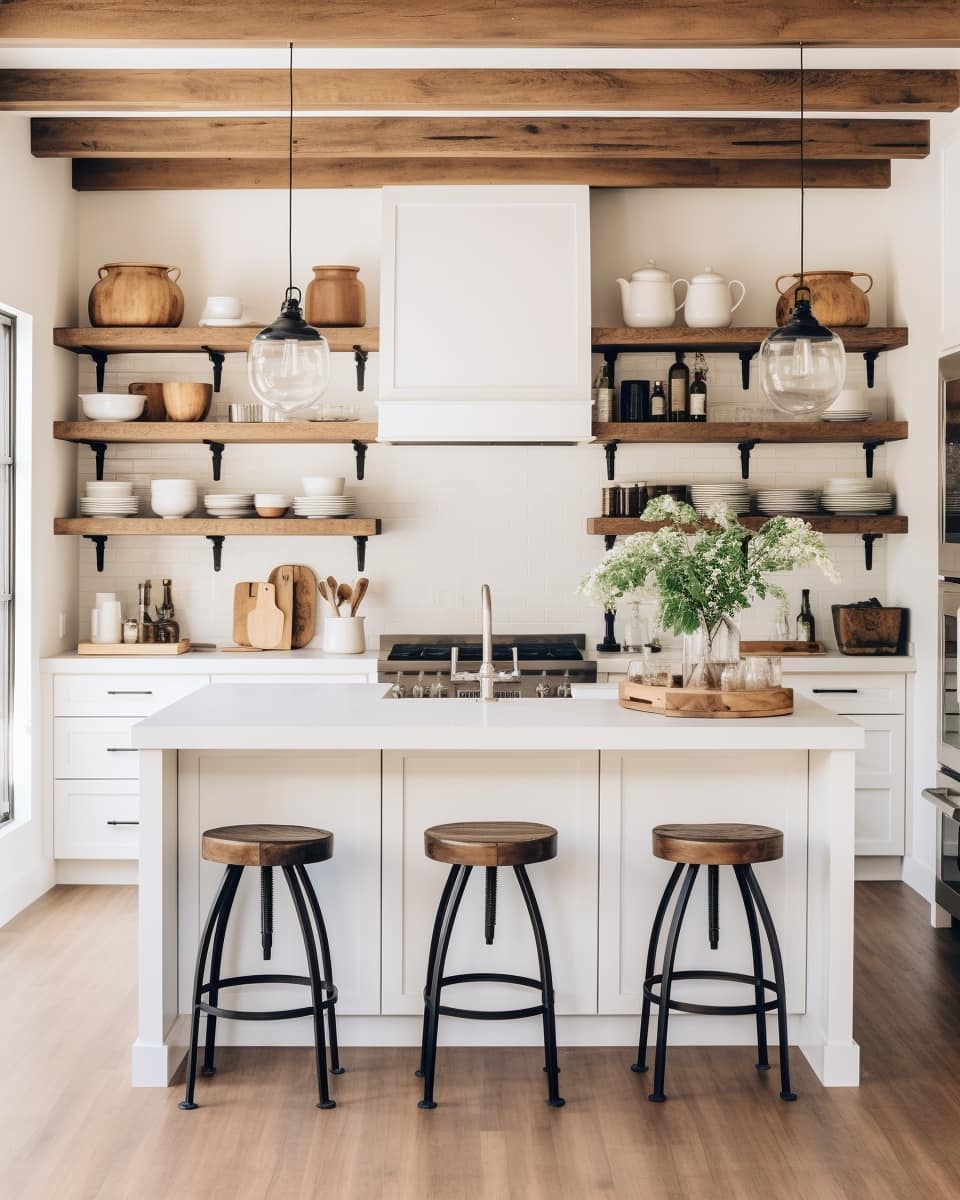
Now, let’s explore the benefits of using dental appliances for sleep apnea.
Benefits of Using Dental Appliances for Sleep Apnea
When it comes to treating sleep apnea, dental appliances have shown efficacy in improving symptoms and quality of sleep. These appliances work by repositioning the jaw and tongue to keep the airway open during sleep.
The long-term benefits of using dental appliances for sleep apnea include reduced daytime sleepiness, improved cognitive function, and lower risk of cardiovascular problems associated with untreated sleep apnea.
Efficacy of Dental Appliances
Using dental appliances has been shown to provide numerous benefits for individuals suffering from sleep apnea.
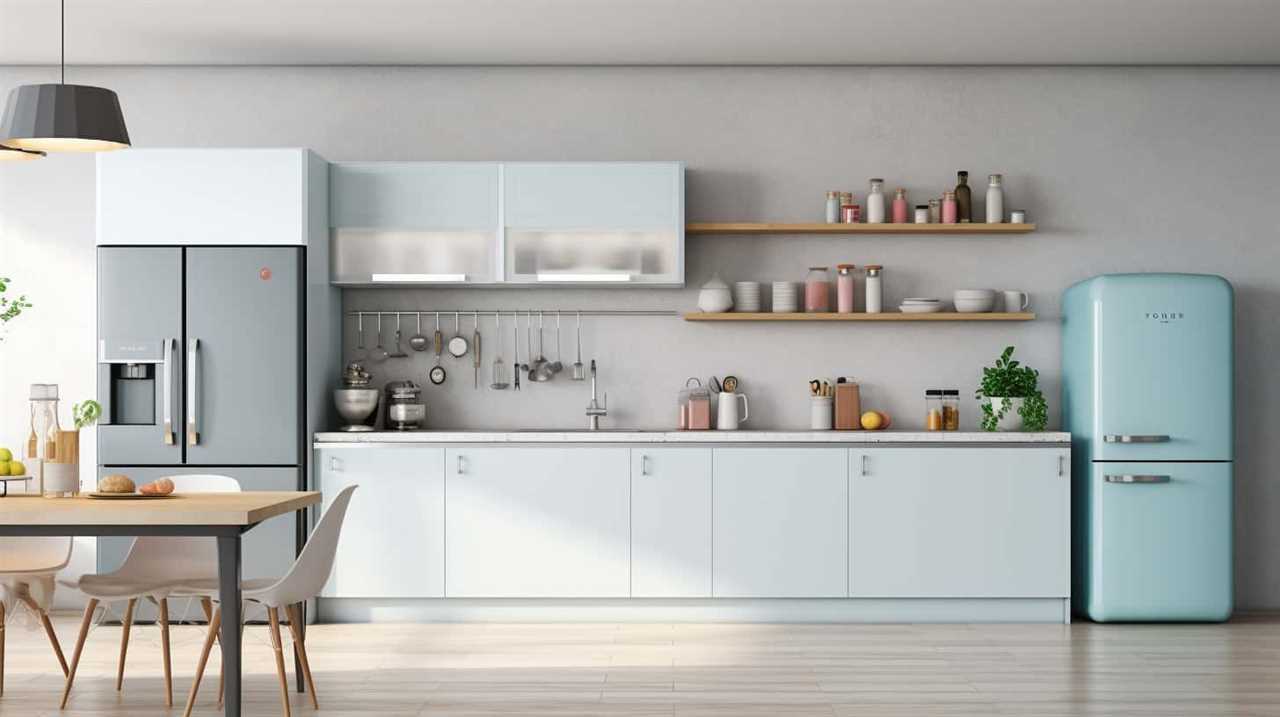
One of the key advantages of using dental appliances is their effectiveness in treating sleep apnea. These appliances have been extensively studied and proven to be an effective alternative treatment for sleep apnea.
Studies have shown that dental appliances can significantly reduce the number of apnea events during sleep, improve oxygen levels, and enhance overall sleep quality.
In addition, dental appliances are relatively comfortable to wear and easy to maintain, making them a convenient option for individuals with sleep apnea.
Furthermore, dental appliances have been found to be effective in treating mild to moderate cases of sleep apnea, offering an alternative to continuous positive airway pressure (CPAP) machines.
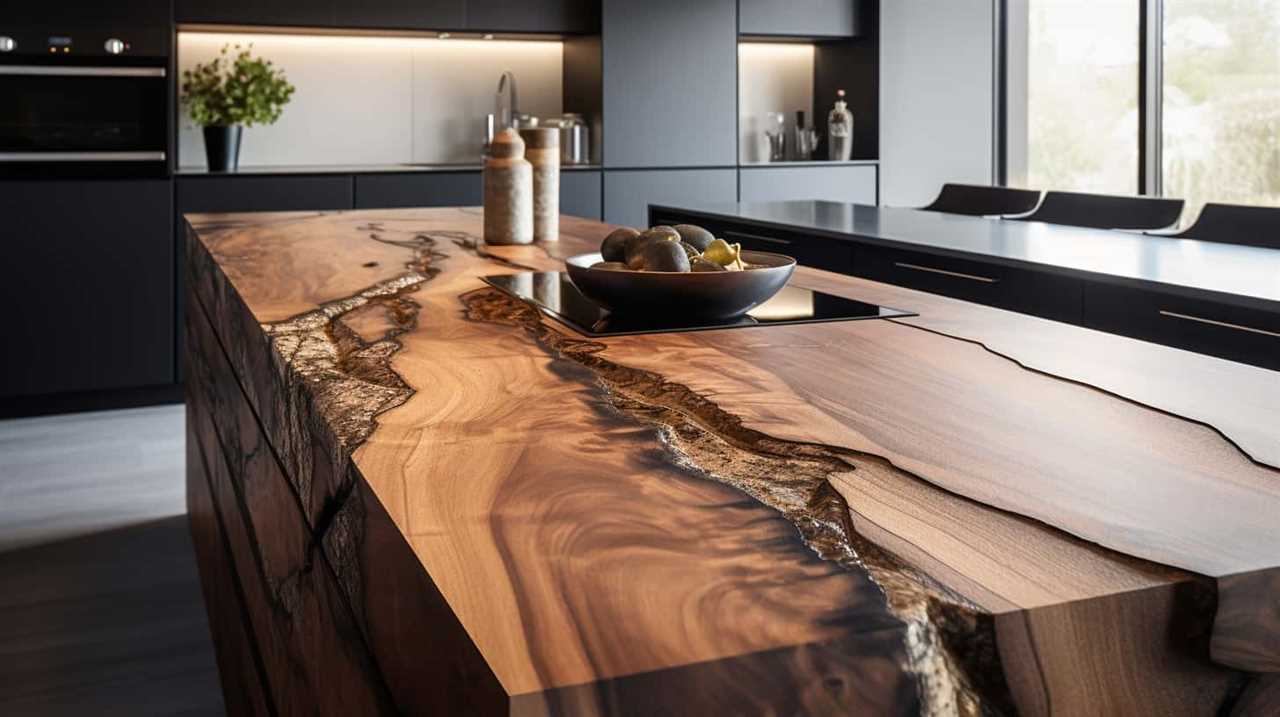
Long-Term Benefits
As we delve into the long-term benefits of dental appliances for sleep apnea, it’s important to note that these appliances have consistently demonstrated their effectiveness in improving overall sleep quality and reducing the frequency of apnea events.
The use of dental appliances for sleep apnea can have several long-term effects that positively impact patients. These benefits include:
- Long-term improvement in sleep quality: Dental appliances have been shown to help patients achieve better and more restful sleep over an extended period of time. By keeping the airway open and preventing obstructions, these appliances contribute to improved sleep quality.
- Reduction in apnea events: Dental appliances help to reduce the frequency and severity of apnea events, providing long-term relief for patients. By repositioning the jaw and tongue, these appliances promote proper airflow and minimize interruptions in breathing during sleep.
Limitations of Dental Appliances for Sleep Apnea
Despite their effectiveness in treating sleep apnea, dental appliances have limitations that must be considered. While these appliances can successfully alleviate symptoms and improve sleep quality for many patients, they may not be suitable for everyone.
One limitation is that dental appliances are generally recommended for mild to moderate cases of sleep apnea. Severe cases may require alternative treatments such as continuous positive airway pressure (CPAP) therapy or surgery. Additionally, dental appliances may not be effective for certain anatomical features or conditions, such as jaw joint problems or severe gum disease.
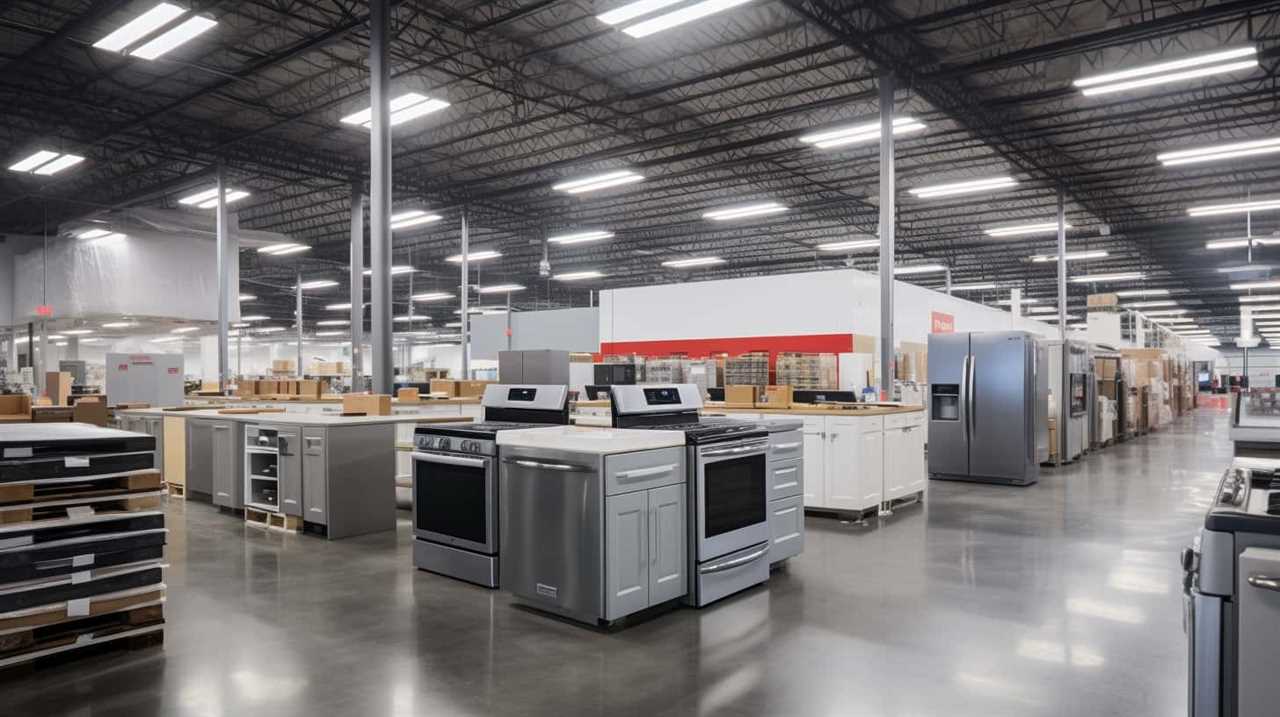
It’s important for individuals with sleep apnea to consult with a healthcare professional who can assess their specific needs and recommend the most appropriate treatment option.
With these limitations in mind, let’s now explore the different types of dental appliances available for managing sleep apnea.
Types of Dental Appliances for Sleep Apnea
When it comes to treating sleep apnea, dental appliances have shown to be effective in many cases.
There are different types of dental appliances available that can help alleviate the symptoms of sleep apnea.
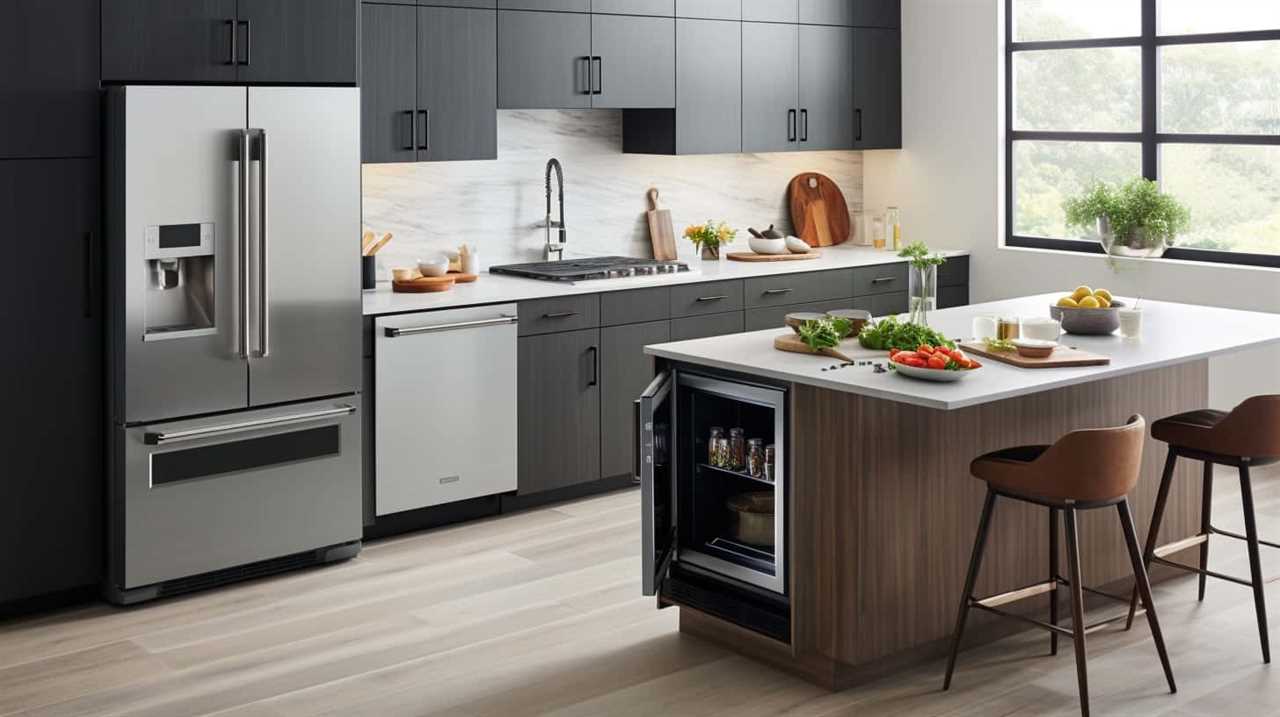
These appliances work by repositioning the jaw or tongue to keep the airway open during sleep, allowing for better breathing and reducing episodes of apnea.
Effectiveness of Dental Appliances
One common type of dental appliance used to treat sleep apnea is the mandibular advancement device. These devices are designed to reposition the lower jaw and tongue forward, opening up the airway and reducing the occurrence of apneas during sleep.
The effectiveness of dental appliances in treating sleep apnea varies depending on the individual and the severity of their condition. However, studies have shown that mandibular advancement devices can be successful in improving sleep apnea symptoms for many patients. The success rate of these devices can range from 50% to 75%, making them a viable alternative to continuous positive airway pressure (CPAP) machines.
Now, let’s explore the different types of dental appliances available for sleep apnea treatment.

Different Types Available
There are several types of dental appliances available for the treatment of sleep apnea. These appliances work by repositioning the jaw and tongue to keep the airway open during sleep. Here is a comparison of the different types of dental appliances commonly used:
| Type of Dental Appliance | Description |
|---|---|
| Mandibular Advancement Device | This type of appliance is the most commonly used. It holds the lower jaw in a forward position, which helps to prevent the collapse of the airway. |
| Tongue Retaining Device | This appliance holds the tongue in a forward position, preventing it from blocking the airway. It is often used for patients who cannot tolerate a mandibular advancement device. |
| Combination Appliance | This appliance combines the features of both a mandibular advancement device and a tongue retaining device. It is designed to address both the jaw and tongue position to maximize airway opening. |
| Palatal Lift Appliance | This appliance lifts the soft palate and helps to open the airway by repositioning the muscles in the roof of the mouth. It is most effective for patients with palatal collapse and snoring. |
| Hybrid Appliance | This type of appliance is a combination of a dental appliance and a continuous positive airway pressure (CPAP) machine. It provides the benefits of both treatments by using the dental appliance to stabilize the jaw and the CPAP to deliver pressurized air. |
Each type of dental appliance has its own advantages and considerations, and it is important to consult with a dental professional to determine the best option for your specific needs.
Scientific Evidence Supporting Dental Appliances for Sleep Apnea
Several studies have shown the effectiveness of dental appliances in treating sleep apnea. Scientific studies have provided evidence that dental appliances can significantly reduce the frequency and severity of sleep apnea episodes.
Here are some key findings from these studies:

- A 2019 study published in the Journal of Clinical Sleep Medicine found that dental appliances were successful in treating mild to moderate sleep apnea, with a significant reduction in apnea-hypopnea index (AHI) scores.
- Another study conducted in 2017 and published in the Journal of Dental Sleep Medicine showed that dental appliances were effective in improving sleep quality and reducing daytime sleepiness in patients with sleep apnea.
- Dental appliances have also been found to be a viable alternative treatment for patients who can’t tolerate continuous positive airway pressure (CPAP) therapy.
These scientific studies provide strong evidence supporting the use of dental appliances as a treatment option for sleep apnea.
However, it’s important to consider certain factors before using dental appliances for sleep apnea treatment.
Considerations Before Using Dental Appliances for Sleep Apnea
Before using dental appliances for sleep apnea, we should consider certain factors. It is important to understand that dental appliances can be an effective alternative treatment for sleep apnea, but they may not be suitable for everyone. Here are some key considerations to keep in mind:
| Consideration | Description |
|---|---|
| Severity of Sleep Apnea | Dental appliances are typically recommended for mild to moderate cases of sleep apnea. If you have severe sleep apnea, alternative treatments like continuous positive airway pressure (CPAP) may be more effective. |
| Jaw and Dental Health | Dental appliances work by repositioning the jaw to keep the airway open during sleep. It is crucial to have a healthy jaw and dental structure to ensure the appliance fits properly and functions effectively. |
| Commitment to Long-Term Use | Dental appliances require long-term commitment and regular follow-ups with your dentist. If you are not willing to comply with the maintenance and adjustments required, other treatment options should be considered. |
| Cost and Insurance Coverage | Dental appliances can be costly, and insurance coverage may vary. It is important to consider the financial implications of this treatment option and explore insurance coverage options. |
| Individual Preferences | Some individuals may simply prefer using a dental appliance over other treatment options due to comfort or convenience. It is important to consider individual preferences when making a decision. |
Frequently Asked Questions
Are Dental Appliances the Only Treatment Option for Sleep Apnea?
There are alternative treatments available for sleep apnea besides dental appliances. While dental appliances can be effective, it is important to explore other options to find the best treatment for individual needs.
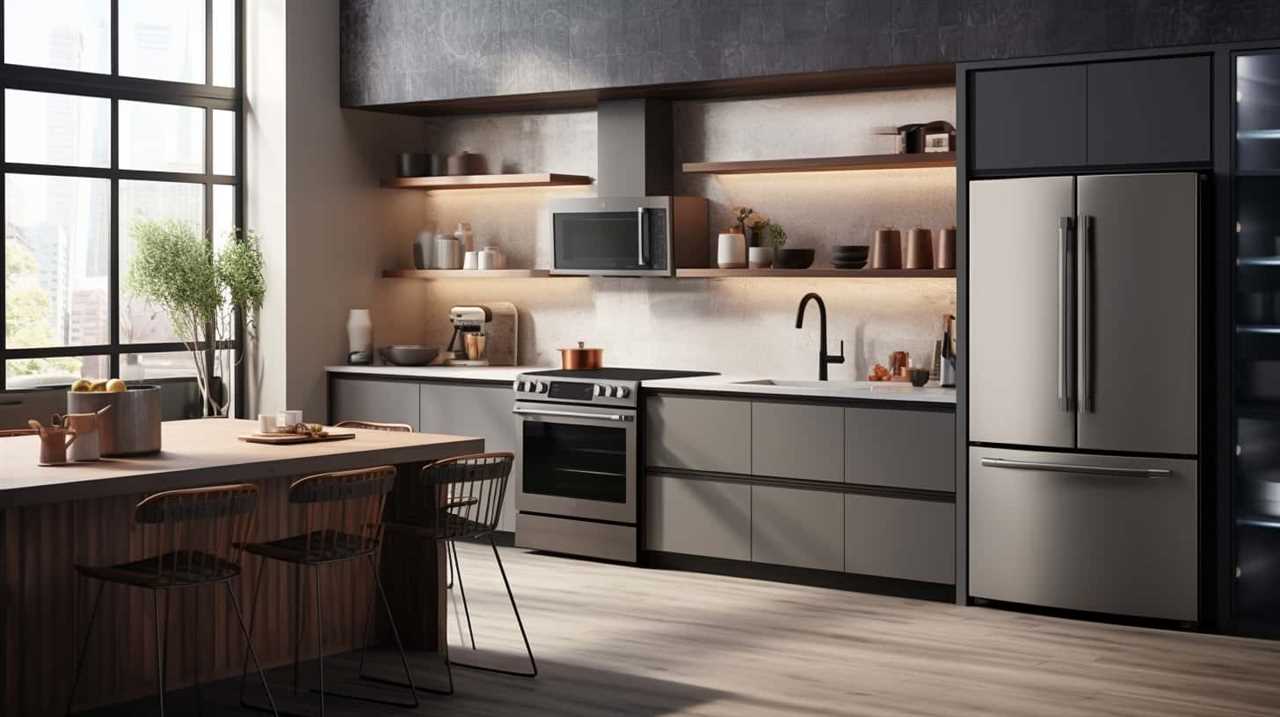
Can Dental Appliances Completely Cure Sleep Apnea?
Dental appliances are commonly used to treat sleep apnea, but can they completely cure it? While they can be effective, there are also alternative treatment options available that may provide better results.
How Long Does It Take to See Results When Using Dental Appliances for Sleep Apnea?
When using dental appliances for sleep apnea, it’s important to understand that the average duration for seeing results may vary. However, studies have shown that dental appliances can be effective in comparison to other treatment options.
Can Dental Appliances Be Used for All Types and Severities of Sleep Apnea?
Dental appliances offer an effective treatment option for some types and severities of sleep apnea. However, it is important to consult with a healthcare professional to determine if it is the right choice. Alternative treatments for sleep apnea may also be considered.
Do Dental Appliances Have Any Side Effects or Potential Risks?
Dental appliances used for sleep apnea may have potential risks and long-term effects. It is important to consult with a healthcare professional to determine if a dental appliance is the appropriate treatment option for you.

Conclusion
In conclusion, dental appliances can be an effective treatment option for sleep apnea. These devices work by repositioning the jaw or tongue to keep the airway open during sleep.
While they offer benefits such as improved breathing and reduced snoring, they also have limitations and may not be suitable for everyone.
It’s important to consult with a sleep specialist and dentist to determine the best treatment approach.
With the right dental appliance, a restful and rejuvenating night’s sleep is within reach.
